|
Adrenal fatigue is a diagnosis used mostly in alternative medicine, usually among naturopathic physicians. The diagnosis is based on the theory that the adrenal gland, if underfunctioning, can fail to produce sufficient quantities of cortisol. Treatment often involves prescribing cortisol in addition to addressing diet, timing of eating, and amount of rest. I have two concerns about this diagnosis and its treatment. First, adrenal fatigue may actually be adrenaline dominance, a condition of adrenal overfunctioning rather than underfunctioning. Second, prescribing cortisol for a condition possibly already associated with a high cortisol level may have unintended consequences. Cortisol, if given inappropriately, can produce unwanted weight gain by raising sugar and insulin levels. It can also cause osteoporosis, cataracts, stomach ulcers, muscle wasting, and brain damage. Naturopathic physician James Wilson, in his book, Adrenal Fatigue: The 21st Century Stress Syndrome,* published in 2001, gives a list of symptoms suggesting adrenal fatigue.
Tune in to Dave Asprey's Bulletproof podcast to learn how to manage your adrenaline and your health.
These include:
• Fatigue unrelieved by sleep • Difficulty falling asleep and staying asleep • Decreased ability to handle stress • Depression • Increased PMS in women • Increased symptoms when meals are skipped • Problems focusing, with memory lapses • Decreased tolerance, easily irritated • Low energy between 3 and 4 p.m. • Difficulty staying on task • Being easily startled, which causes palpitations • Anxiety attacks • Hypoglycemia • Weight gain
As we have seen in this book, excess adrenaline can cause or contribute to every one of these symptoms.
So is adrenal fatigue a condition related to too little cortisol or too much adrenaline? The distinction is important, since the treatments for the two conditions differ. Usually, symptoms related to excess adrenaline can be largely relieved within 24 hours. Problems related to adrenal fatigue are more complex, since adrenal insufficiency can take months to correct.
I suspect that one of the sources of confusion between adrenaline dominance and adrenal fatigue is that a low level of salivary cortisol is often considered an indicator of adrenal fatigue. However, I have observed that patients with low cortisol levels in saliva often have high cortisol levels in the blood. An elevated cortisol in a morning blood sample almost always goes along with high adrenaline. In fact, I consider a high morning cortisol blood level to be the best indicator of high adrenaline. (In my view, any cortisol level greater than 11.5 might actually be considered elevated.) I believe that this significant discrepancy between high cortisol levels in the blood versus low levels in the saliva is related to the tendency of adrenaline to constrict blood vessels. For example, the most common cause of cold hands and cold feet is excess adrenaline, not low thyroid. Vasoconstriction of blood vessels in the eye can cause glaucoma (which is often treated with beta-blocker eye drops), and vasoconstriction of the vestibular artery in the neck can cause tinnitus in the ears. Similarly, vasoconstriction of salivary gland blood vessels could possibly restrict blood flow to that area, resulting in low cortisol levels in the salivary glands themselves (as well as a dry mouth, which is commonly found in people with anxiety).
It might make more sense to treat patients initially as if they have adrenaline dominance.
For these reasons, it might make more sense to treat patients initially as if they have adrenaline dominance, rather than starting them on cortisol, a powerful hormone that they may not need. The fact that excess adrenaline responds so quickly to the protocol presented in this book can be used as a diagnostic tool. If the patient’s symptoms are caused by adrenaline dominance, the symptoms should disappear or at least improve within 24 hours. If the symptoms do not improve within 24 hours, then the possibility of adrenal fatigue can be considered. Cortef, the drug most commonly used to treat adrenal fatigue, raises the cortisol level. Patients often feel better after they have started on Cortef. This may be because Cortef also raises the blood sugar level, which can decrease the body’s need to put out adrenaline. It can also act as an antidepressant. Thus Cortef can appear to be helping, whereas it may actually be making things worse. A word of caution: If a morning blood cortisol test shows that the patient’s cortisol level is below normal, and if the person’s DHEA-S (dehydroepiandrosterone-sulfate, a hormone produced by the adrenal gland) level is also extremely low, the patient should probably be referred to an endocrinologist for treatment of possible Addison’s disease—a true condition of “adrenal fatigue.”
Excerpt from my revolutionary approach to wellness, the “Adrenaline Dominance” book can be purchased on my website or on Amazon.
To maintain levels of adrenaline, I use a combination of a meal plan, nutrients and my Platt PRO 5% Progesterone Cream, which blocks adrenaline.
-----------
Dr. Michael E. Platt has been board-certified in internal medicine. He has an office in Palm Desert, CA, devoted to wellness, hormones and supplement online store. He provide answers to questions at questions@plattwellness.com. He is known nationally and internationally as a specialist in bio-identical hormones. He is also the author of “The Miracle of Bio-identical Hormones” and “The Platt Protocol for Hormone Balancing” – a wellness manual for healthcare practitioners.
|

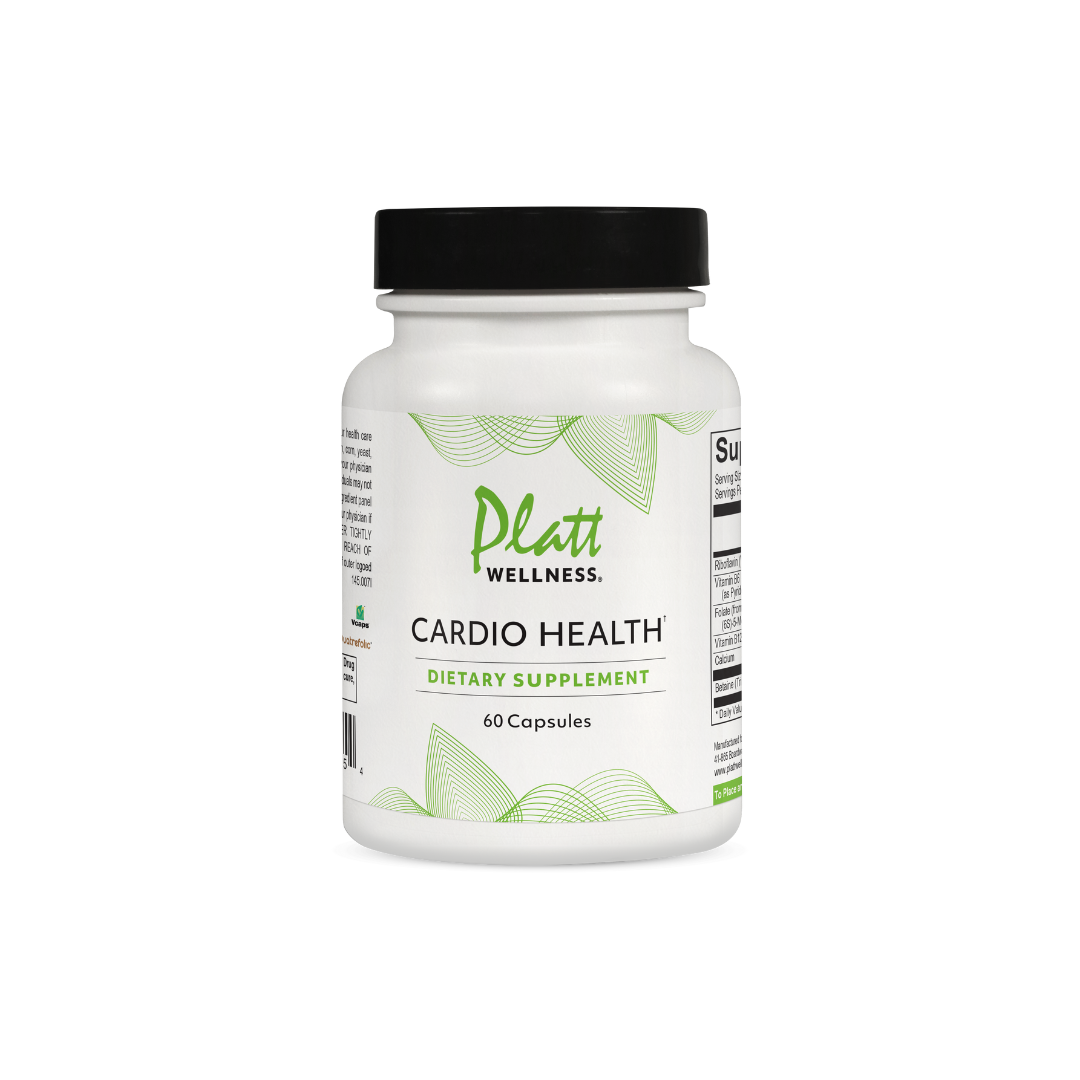
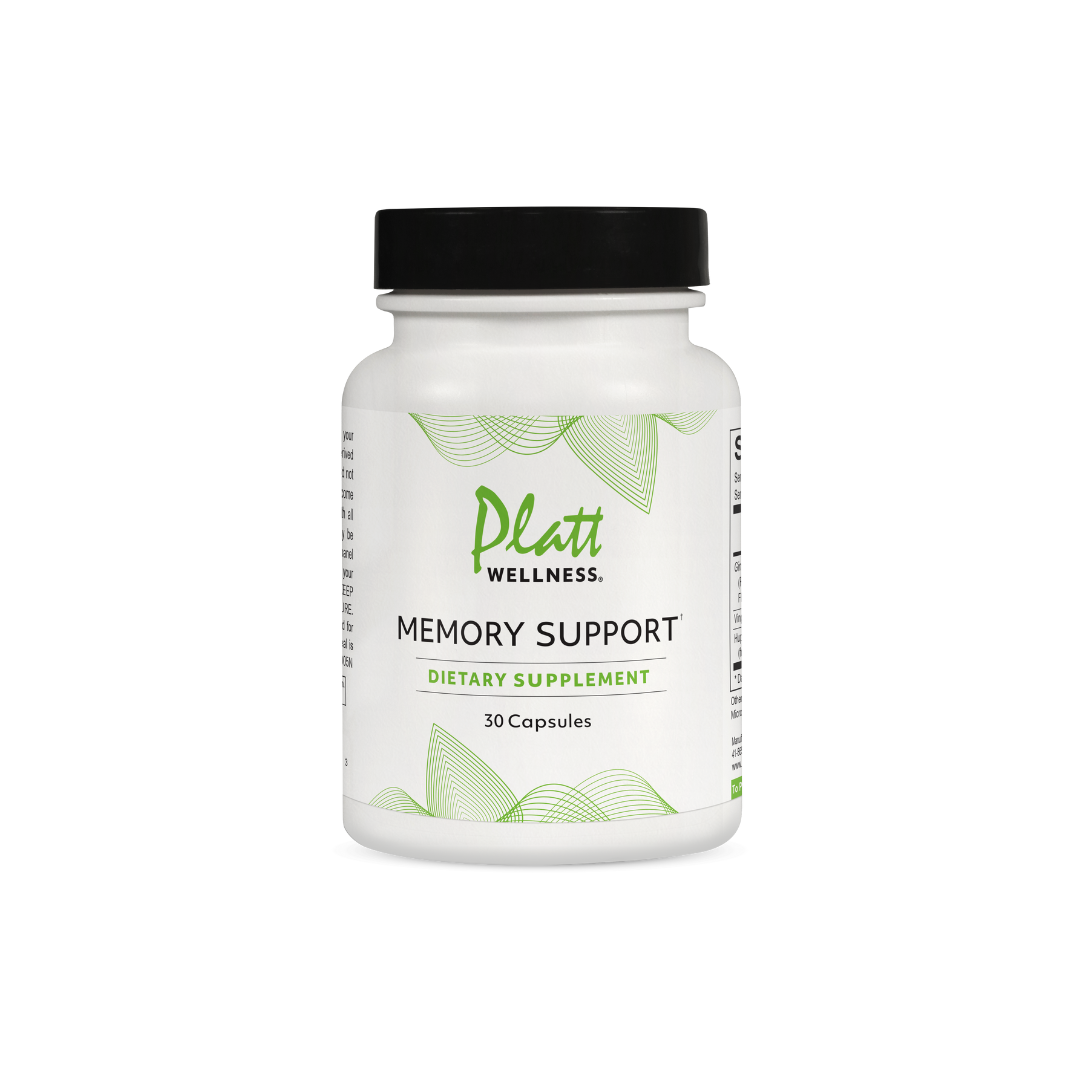
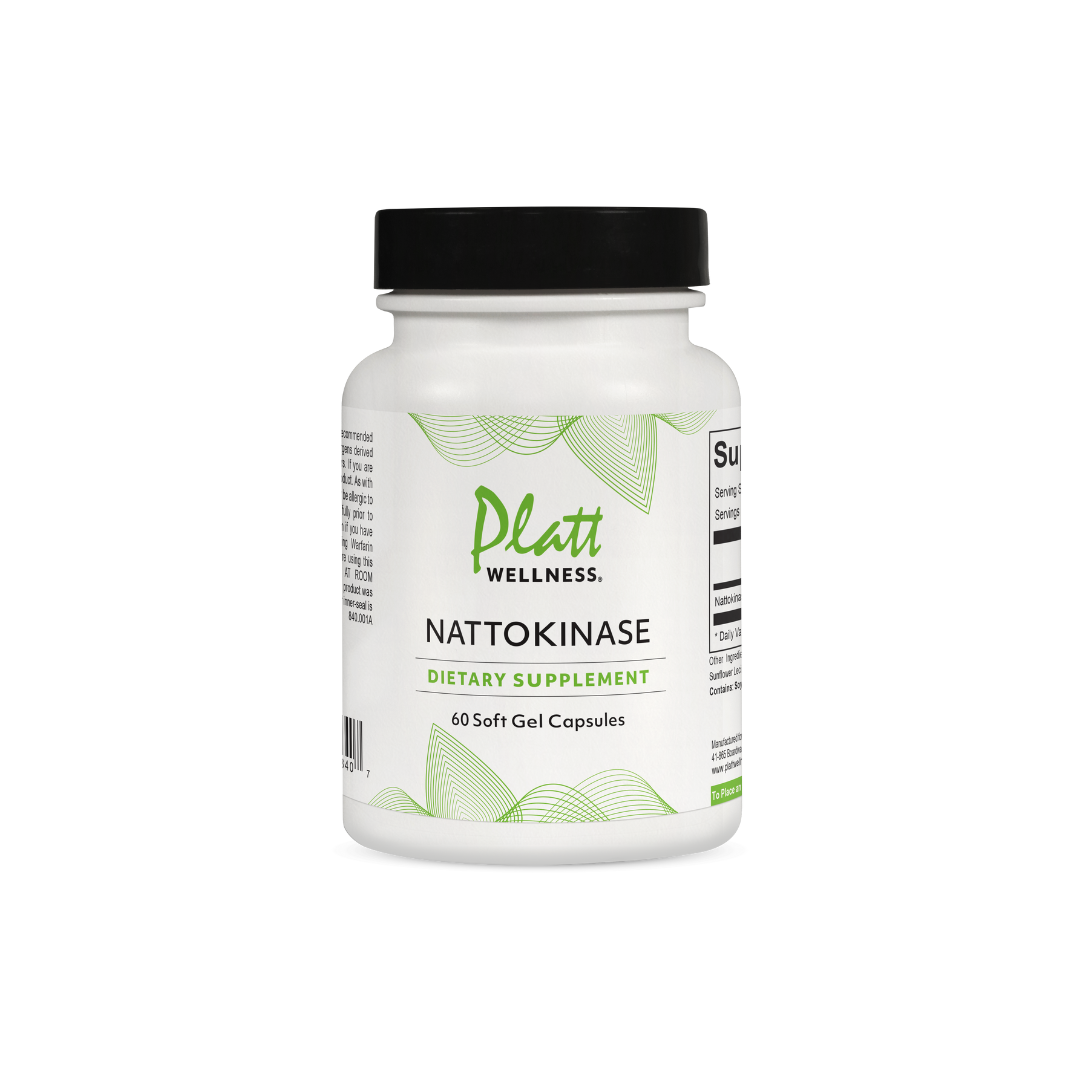
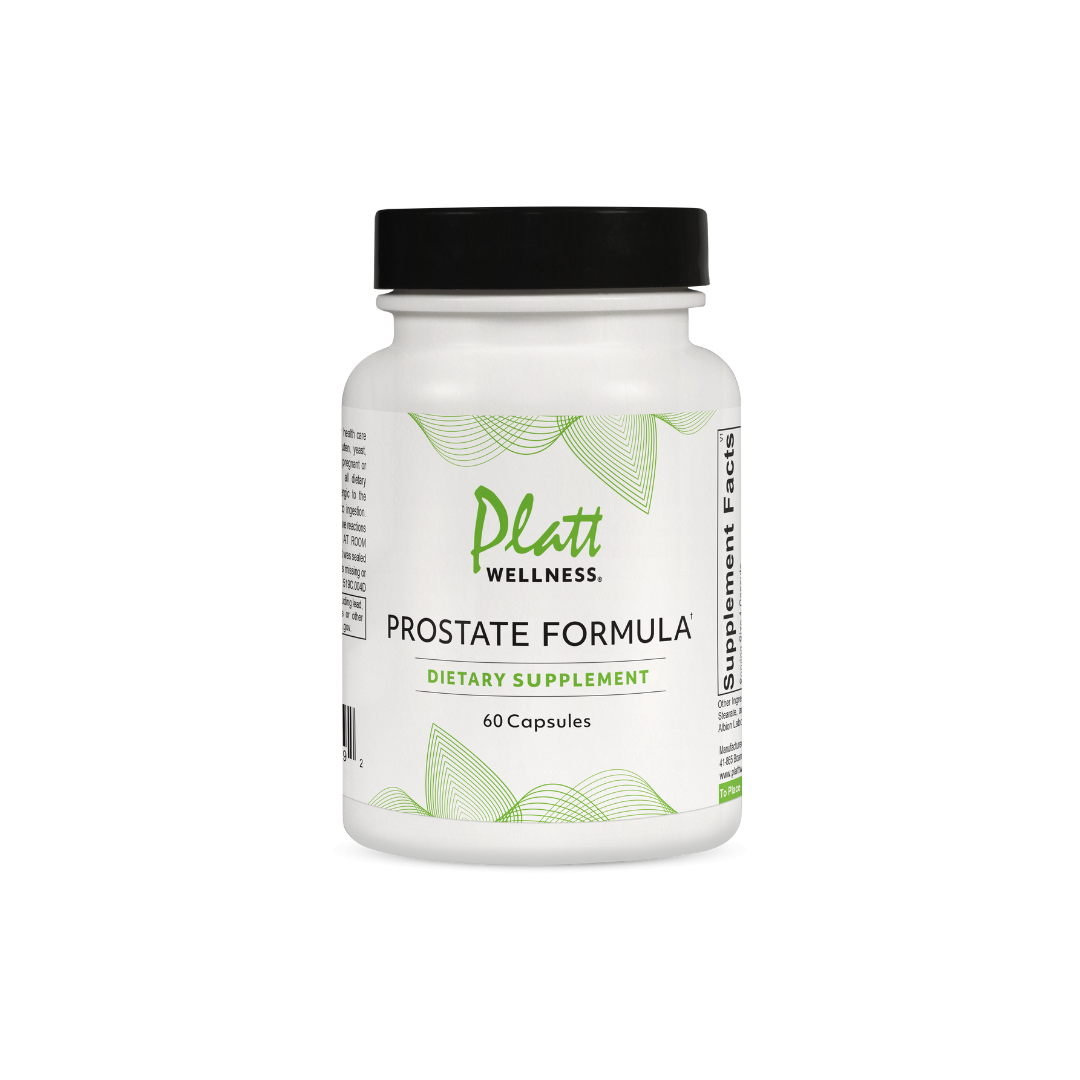
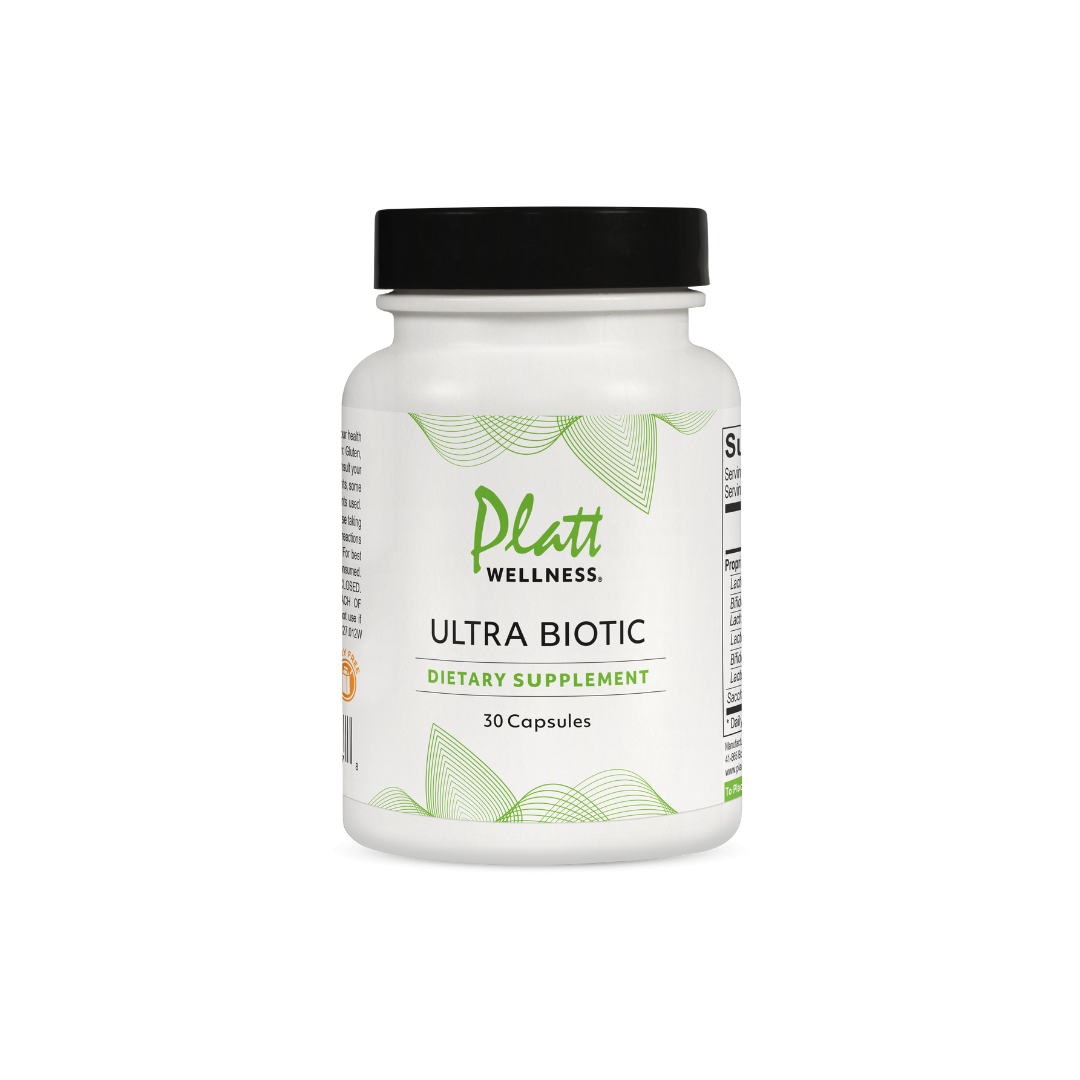


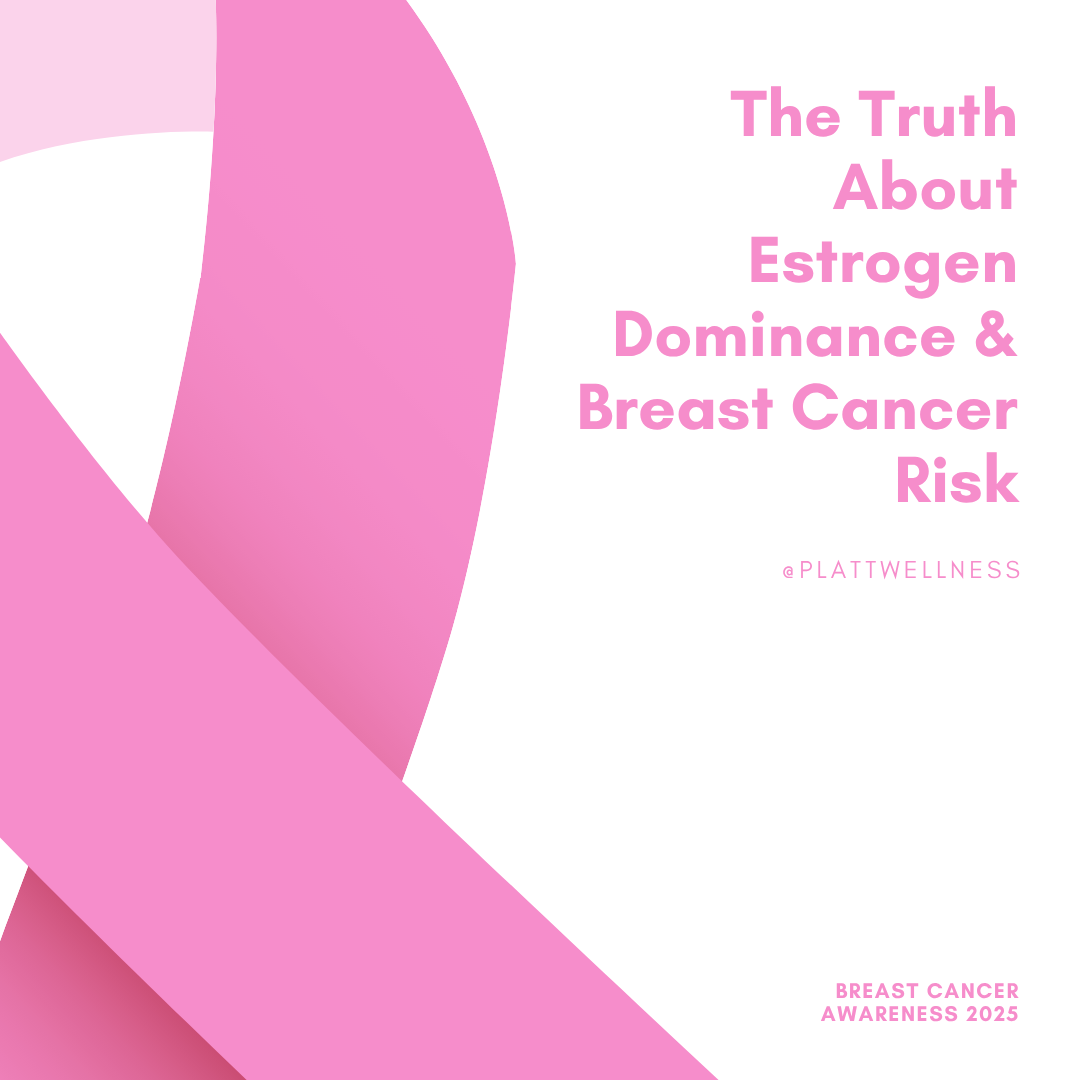
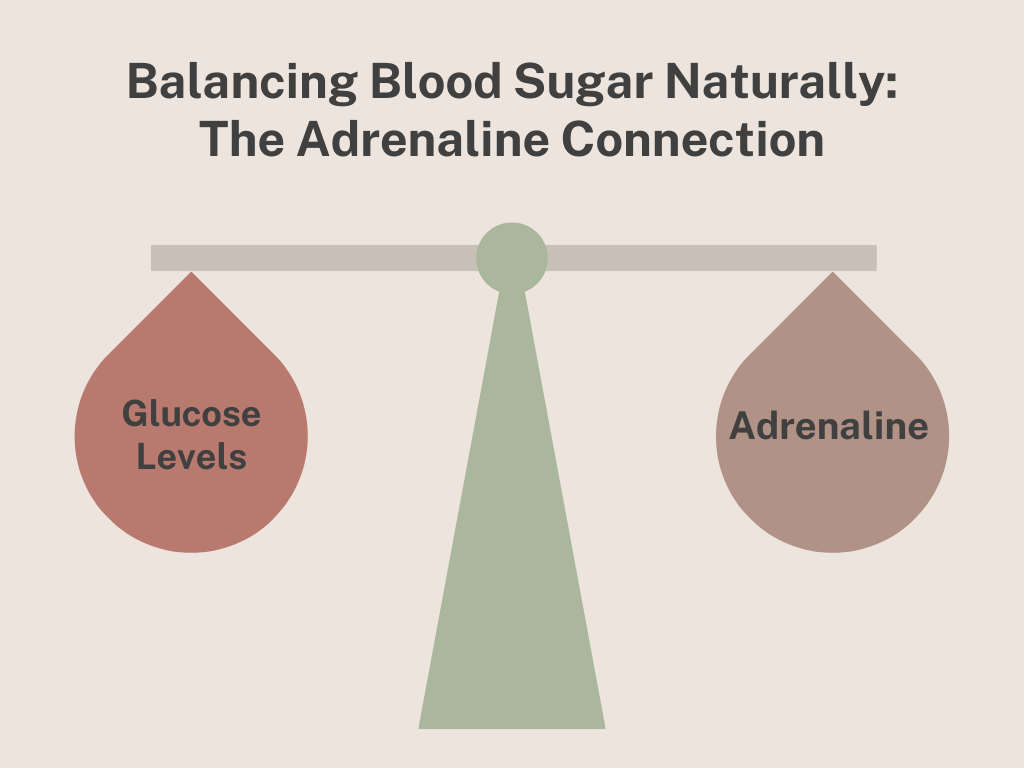
Hi Veronica,
I specialize in managing conditions associated with excess adrenaline.
My book, “Adrenaline Dominance”, is, I believe, to be the only book written that explores the world
of excess adrenaline. It explains why it happens, the conditions associated with it, and, of course,
how to treat it.
On the positive side, it only takes about 24 hours to achieve a significant reduction in levels.
Perhaps we should chat. My number is: 760-836-3232. If you prefer, you can send me your number
and a time to call I will call you.
I look forward to hearing from you.
Michael E. Platt, md
The first site I have come across which addresses my problem! I was very ill years ago with various hormone issues and was put on natural progesterone. I definitely had too much adrenaline as well as an auto-immune thyroid problem. It is thought that I have a benign tumour on the pituitary gland and this is a hereditary condition. After menopause I was able to cut down on the progesterone but still need it to control the thyroid and adrenaline but have had no help from the endocrinologist who admits I cannot take thyroxine when I have too much adrenaline but has offered no other solution, I also have hypoglycemia. I cannot take beta blockers either so have to eat regularly and take progesterone. You mention there is something to help control adrenaline as well as progesterone??